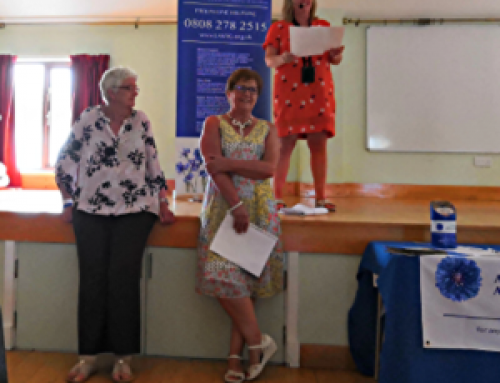I was in a meeting this week and Scanxiety was bought up and a Oncologist didn’t understand what was meant by that.
It isn’t a new word as its been around ever since I have had Mesothelioma. Debbie Brewer talked of it in fact I think she named it as she used to get so paranoid about growth of the disease as we all do.
It is in every blog written by the patients.
The NHS are so short staffed and radiographers are in short supply so the results of our scans can be a long time so we patients start worrying more and more.
We would like the results the next day but that isn’t being reasonable.
Medscape Medical News wrote —
It’s a not part of the medical lexicon (at least not yet), but “scanxiety” is a word that cancer care providers would do well to know.
Giles Maskett wrote a great piece to show the view of both sides
You might not have come across the word “scanxiety” before but you will have no trouble getting its meaning. It doesn’t yet have a formal dictionary definition but it’s a word used by people treated for cancer to describe the feeling of dread associated with their follow-up imaging. Even someone who feels entirely well and knows that the chance of anything bad appearing on the scan is remote can suffer from profound apprehension around the time of the scan—“scanxiety.” Some patients describe severe physical symptoms connected entirely with the process of undergoing an ultrasound, CT, or MRI scan and waiting for the results.
Radiologists are very familiar with this. A colleague who regularly performs follow-up ultrasound scans on children with cancer describes how just the process of making a measurement on the screen—part of the protocol for any normal ultrasound examination—can induce panic in the watching family.
Rightly or wrongly, patients attach ever greater importance to the role of imaging in their management. In that context, the recent report from the Care Quality Commission into radiology reporting delays in the English NHS makes for depressing reading. The CQC found that in some areas thousands of patients were waiting weeks or longer for the results of their x-rays and scans. Not all of these are patients with cancer of course, but many of them are and a great many more will be worried that the scan might show cancer, even if that is not the specific concern.
Radiologists have our own form of “scanxiety”—the experience of being faced with hundreds of studies waiting for a report, knowing that each one represents an individual whose life is on hold while waiting for the result. Knowing too that amongst them—needles in the digital haystack—will be some for whom an urgent report would make a real difference and others for whom a delay could be disastrous.
One anticipated contribution of artificial intelligence to radiology is the possibility of smart prioritization—indicating which studies contain significant abnormalities and prompting the radiologist to report them first. If I am a little cautious about the potential for reliable automated sifting of normal studies from abnormal, it is because I remember that one of the catchphrases of the whole body CT screening industry in the USA was: “We haven’t found a normal yet.”
The thrust of almost every current initiative in cancer management, whether it is targeted screening, faster diagnosis or personalized medicine is that more people will require more imaging more often. The UK is woefully under-prepared for this predictable surge in demand. If you haven’t come across it before, get used to the idea of scanxiety—we are all going to be feeling more of it in the future.
Giles Maskell is a radiologist in Truro. He is past president of the Royal College of Radiologists.
https://blogs.bmj.com/bmj/2018/08/23/giles-maskell-scanxiety/








Leave A Comment